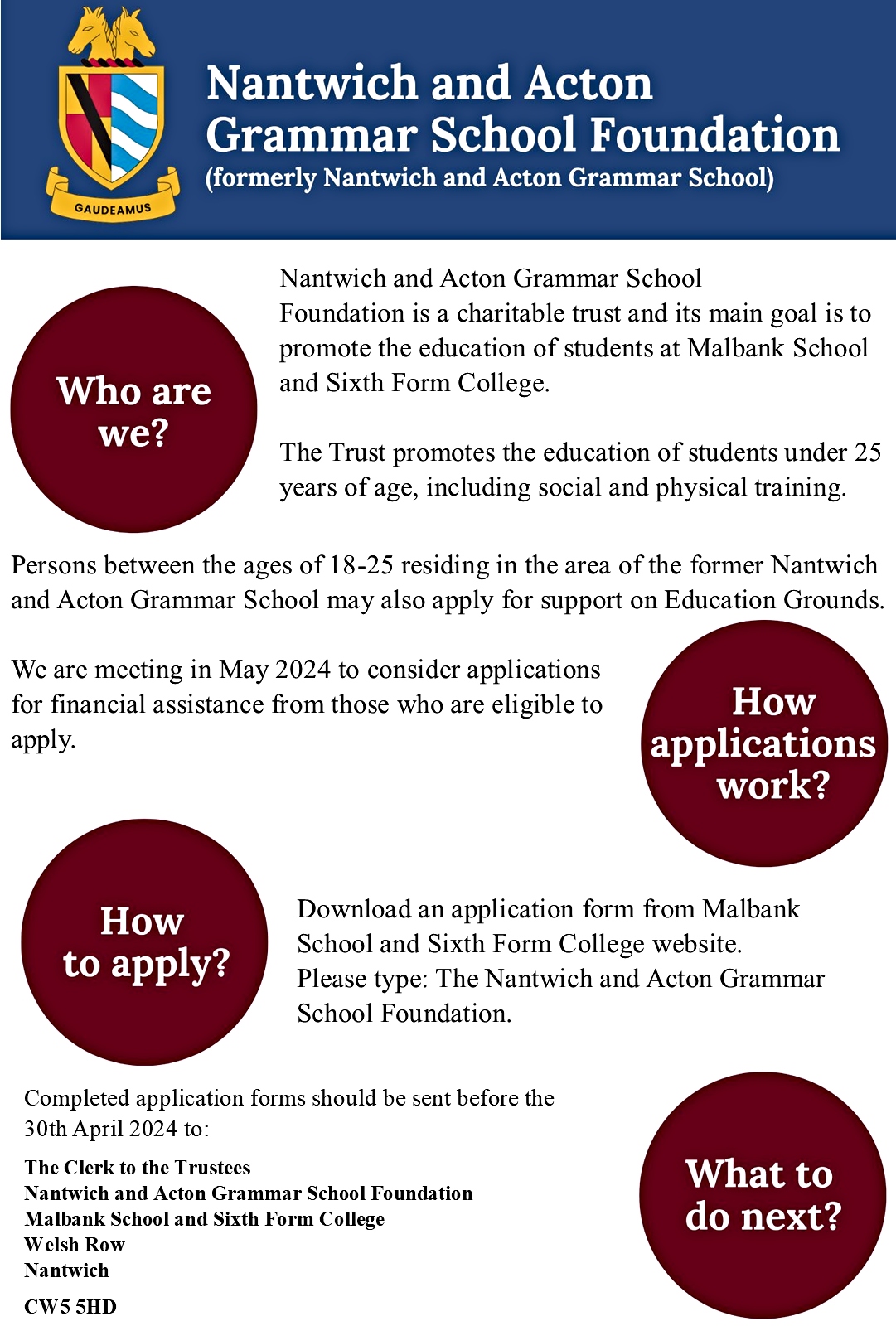
The digital revolution is reshaping education, offering unprecedented opportunities for students across the United Kingdom.
By integrating technology into learning environments, educators are providing pathways that cater to diverse learning styles and needs.
This shift towards digital platforms not only enhances the accessibility of educational resources but also encourages a more engaging and interactive learning experience.
As technology becomes increasingly integrated into our daily lives, its role in education has become more crucial.
Students now have access to a wealth of information and learning tools right at their fingertips.
This evolution is not just about making learning more convenient; it’s about transforming how knowledge is acquired, understood, and retained, ensuring that your educational journey is as effective and enriching as possible.
Bridging the Digital Divide
The drive towards inclusivity in education has highlighted the critical need to bridge the digital divide, ensuring every student has access to the tools necessary for success.
With the advent of affordable and user-friendly educational technology, classrooms across the UK are becoming more equipped to cater to a wide array of learning preferences and abilities.
This shift is pivotal in creating an environment where all students, regardless of their socio-economic background, can thrive.
Accessible educational tools are more than just aids; they are lifelines that connect students to a world of information and interactive learning experiences.
Educators can present information in ways that resonate with each student’s unique learning style by incorporating technologies that support text-to-speech, video tutorials, and interactive simulations.
These advancements have made it possible for students to engage with their curriculum on a deeper level, fostering a sense of independence and confidence in their learning journey.
Tailoring Education to Individual Needs
The concept of personalised learning has transformed the educational landscape, offering a bespoke approach to education that considers the individual strengths, weaknesses, and interests of each student.
By leveraging data and analytics, teachers can now design lessons that are not only relevant but also engaging for every student.
This approach empowers students to take control of their education, setting them on a path to lifelong learning and success.
Personalised learning tools and platforms provide students with immediate feedback, allowing them to understand their progress in real time and adjust their study habits accordingly.
This personalised approach ensures that no student is left behind, making education a more equitable and effective experience.
Whether it’s through adaptive quizzes or customisable study plans, the goal is to make learning a more tailored experience that aligns with each student’s personal goals and learning pace.
Mastering the Basics and Beyond
Finding the right resources to prepare for GCSE exams is crucial.
Among the many educational tools available, online resources offering GCSE exam questions to help you revise can be incredibly effective.
These platforms provide students with the opportunity to practice real exam questions, giving them a taste of what to expect and significantly improving their confidence and competence in the subject.
GCSE resources like sample GCSE papers are invaluable for students looking to excel in their exams.
These resources allow students to familiarise themselves with the exam format, types of questions, and the level of difficulty they will encounter.
Integrating these tools into your revision strategy ensures a comprehensive preparation that covers all aspects of the GCSE Maths curriculum.
Whether you’re struggling with specific topics or looking to solidify your understanding, incorporating GCSE papers into your study routine can make a substantial difference in your exam performance.
Engaging with Subjects Through Technology
Interactive learning through technology has significantly changed the way students engage with their educational material.
By integrating interactive elements into the curriculum, educators can capture the attention of students and enhance their learning experience.
This method encourages active participation, which is essential for deeper understanding and retention of knowledge.
As students interact with simulations, quizzes, and other digital tools, they develop critical thinking and problem-solving skills that are vital for their academic and future professional lives.
The benefits of interactive learning extend beyond academic achievements.
It also fosters a positive attitude towards learning by making the process more enjoyable and less daunting.
Students who might otherwise feel disengaged from traditional teaching methods find new motivation through interactive modules.
These tools cater to a wide range of learning styles and provide immediate feedback, allowing students to track their progress and identify areas for improvement.
This real-time insight is invaluable in crafting a personalised learning journey that meets the needs of each student.
Revolutionising Revision and Time Management
Study apps have revolutionised the way students approach revision and time management.
With features designed to streamline the study process, these apps help students organise their study schedules, set goals, and track their progress.
The convenience of having all study materials and schedules in one place allows students to focus more on learning and less on planning.
This efficiency maximises study sessions and alleviates the stress associated with juggling multiple academic responsibilities.
Study apps often include tools that enhance learning, such as flashcards, practice quizzes, and summarisation features.
These resources make study sessions more productive and engaging, enabling students to grasp complex concepts more easily.
The flexibility of being able to study anywhere at any time further empowers students to make the most of their time, fitting in revision sessions around their busy lives.
This adaptability is especially beneficial for students who balance academics with extracurricular activities, ensuring they remain on track with their educational goals.
Top E-Learning Tools for Students
E-learning platforms have become a cornerstone of modern education, providing students with access to a wealth of knowledge and resources.
These platforms offer a range of courses and materials across various subjects, allowing students to explore new areas of interest or deepen their understanding of specific topics.
The flexibility of distance learning adds significant advantages, accommodating different learning speeds and schedules.
This self-directed approach empowers students to take charge of their education, tailoring their learning experience to fit their personal goals and needs.
From comprehensive courses that offer in-depth coverage of subjects to interactive tutorials that reinforce learning through practice, these platforms cater to a wide array of educational needs.
The ability to connect with experts and peers within these platforms further enriches the learning experience, providing valuable insights and support.
As education continues to evolve, e-learning platforms stand out as key resources in facilitating effective and accessible learning for students everywhere.
In the landscape of modern education, the integration of digital tools and platforms plays a pivotal role in shaping the learning experience for students.
The evolution towards more interactive, personalised, and accessible learning methods has opened doors to new ways of understanding and engaging with educational material.
These advancements enhance the efficacy of learning and ensure that education is inclusive, catering to the diverse needs of students across the UK.
As we move forward, the importance of embracing these technological innovations in education cannot be overstated.
By leveraging the power of digital resources, students are equipped with the tools necessary for success in their academic and future professional endeavours.
The journey through education is enriched by these technologies, offering a more comprehensive and engaging approach to learning that prepares students for the challenges of tomorrow.

















Recent Comments